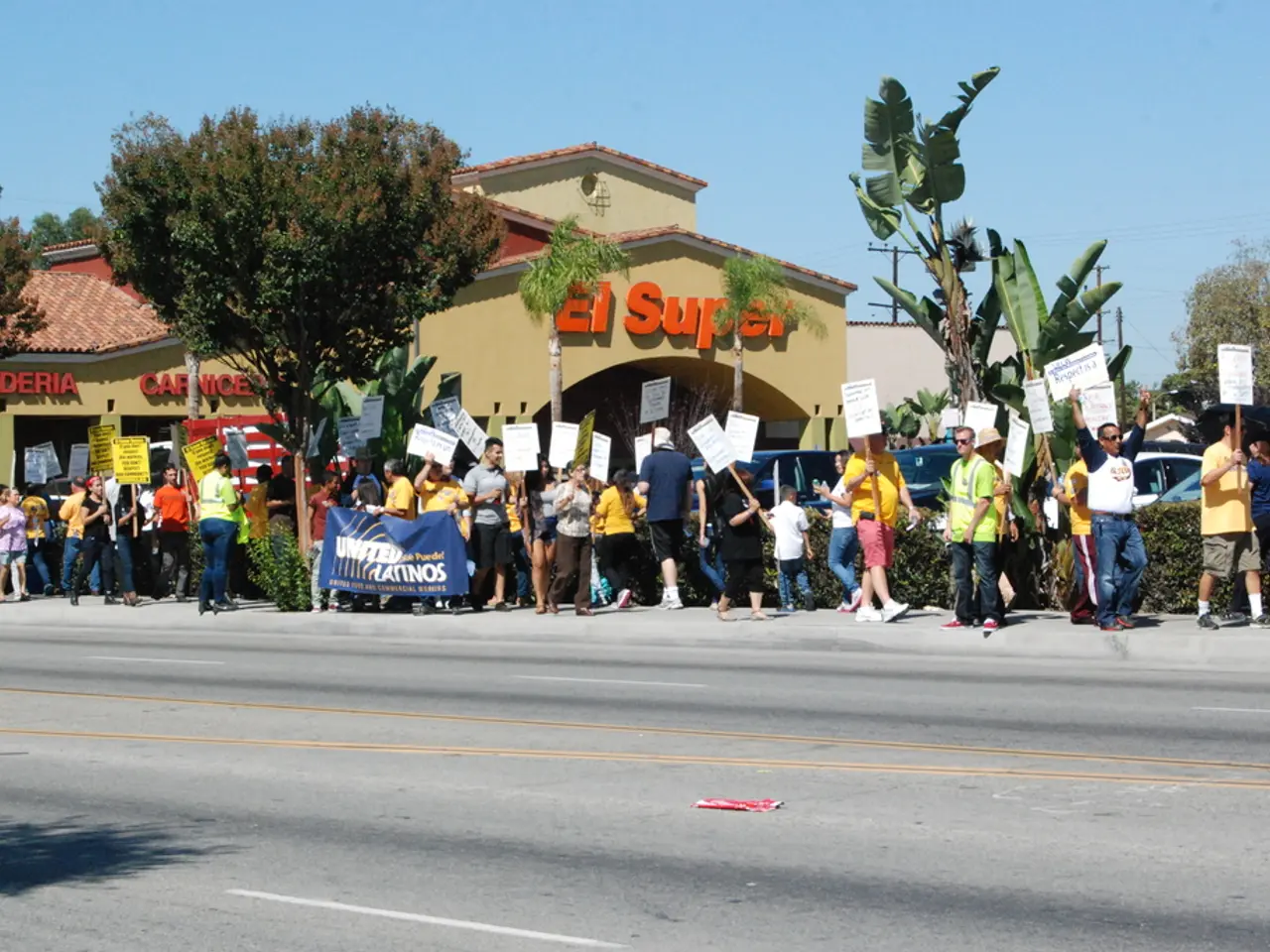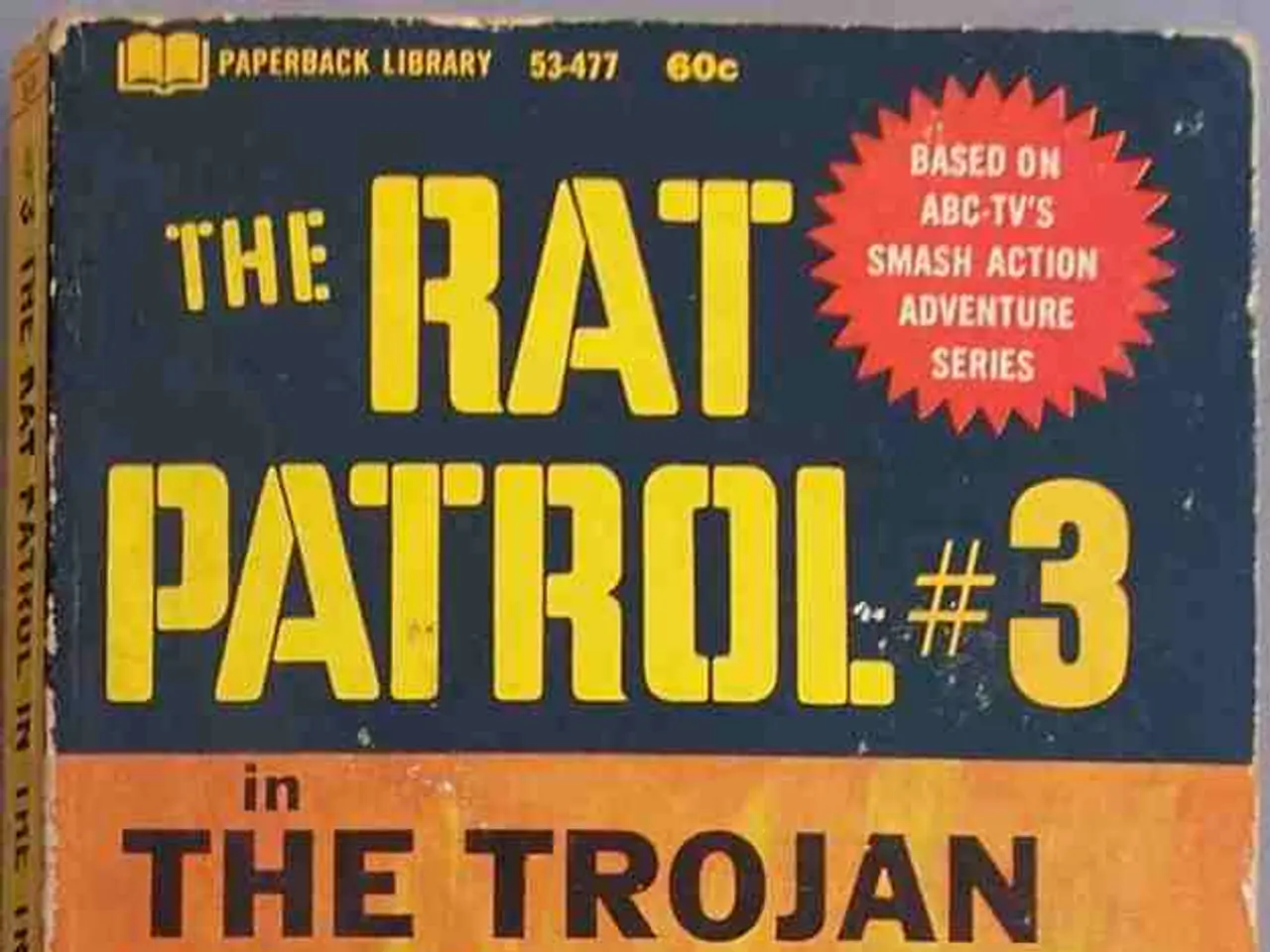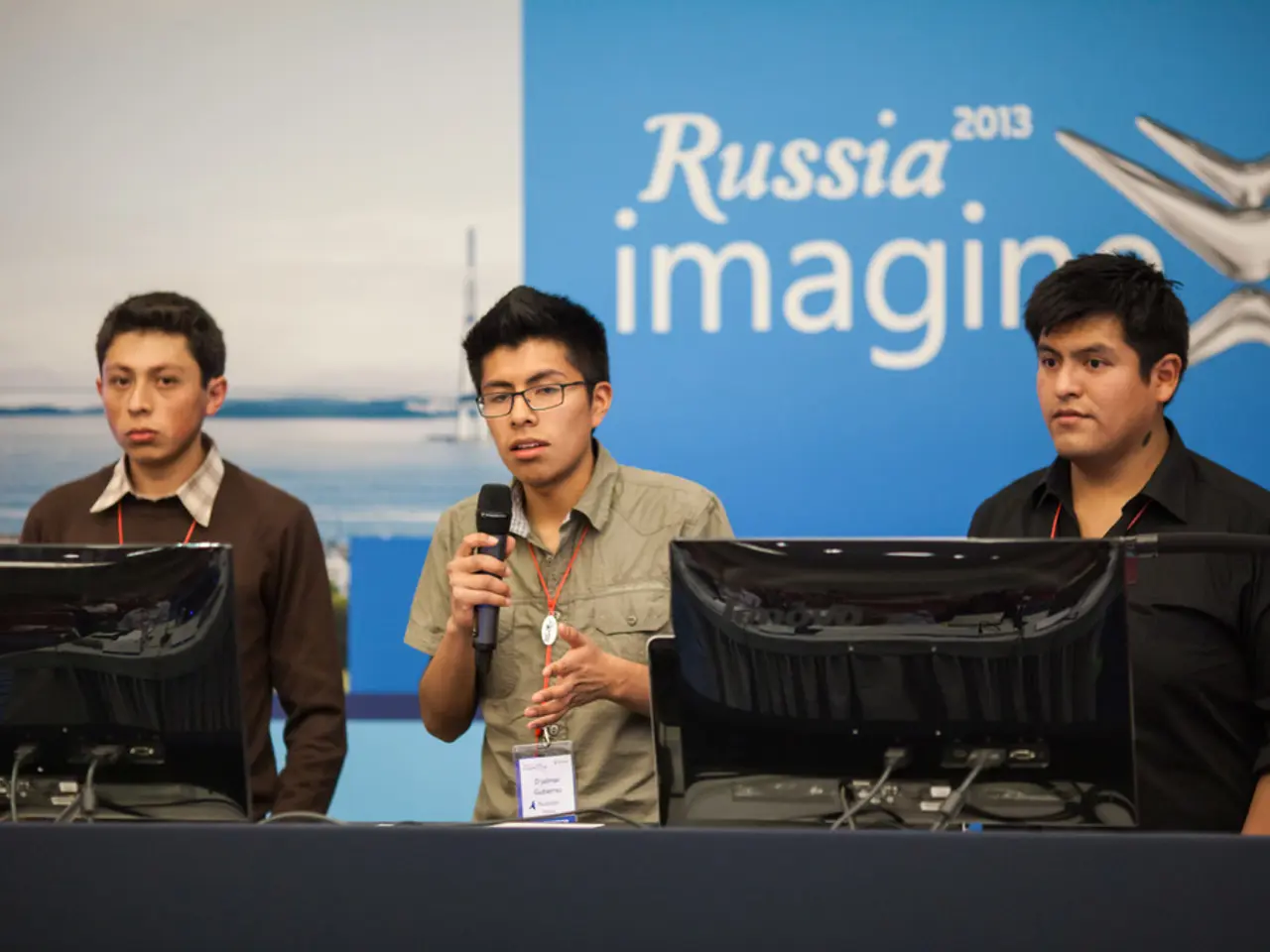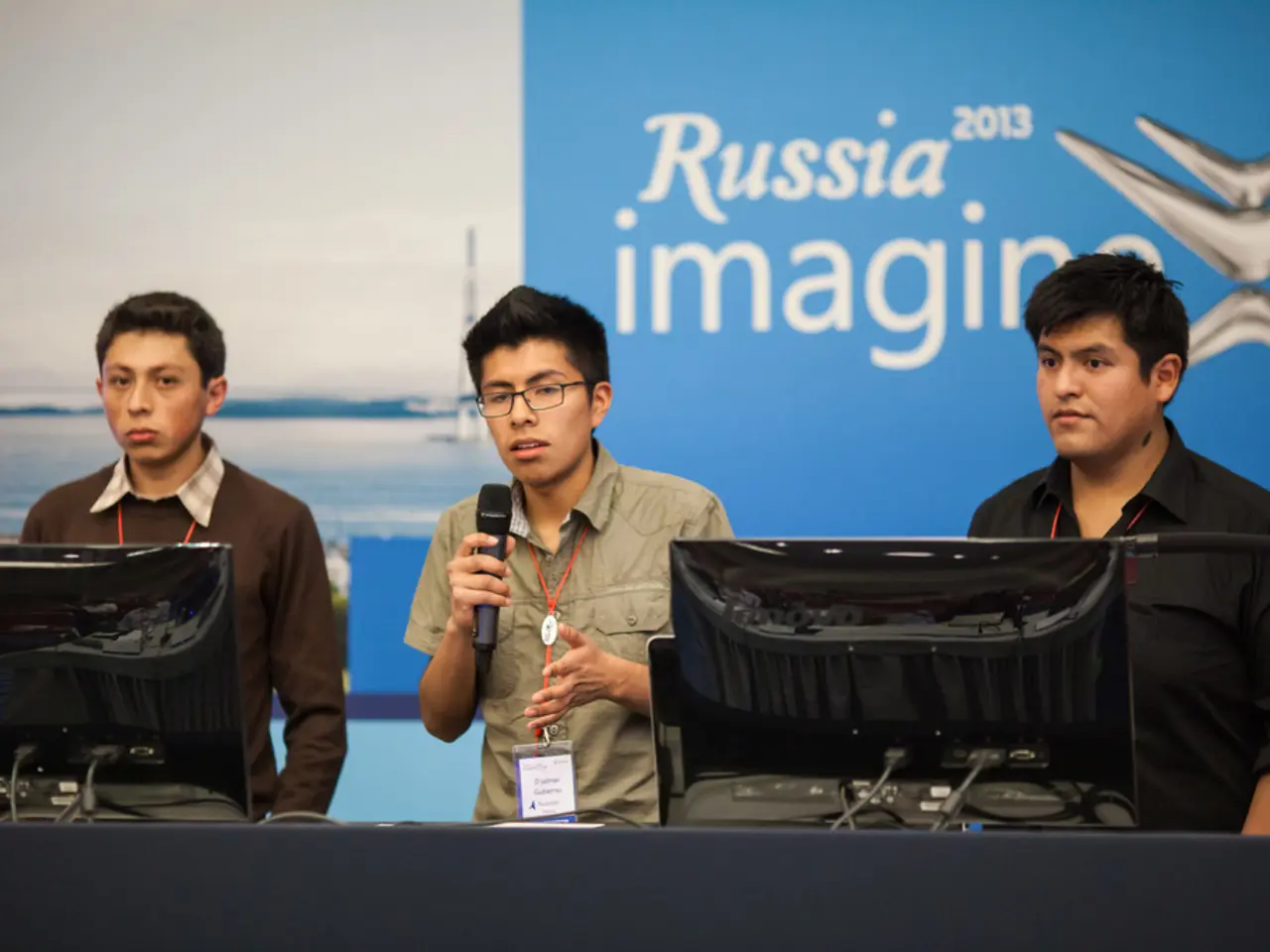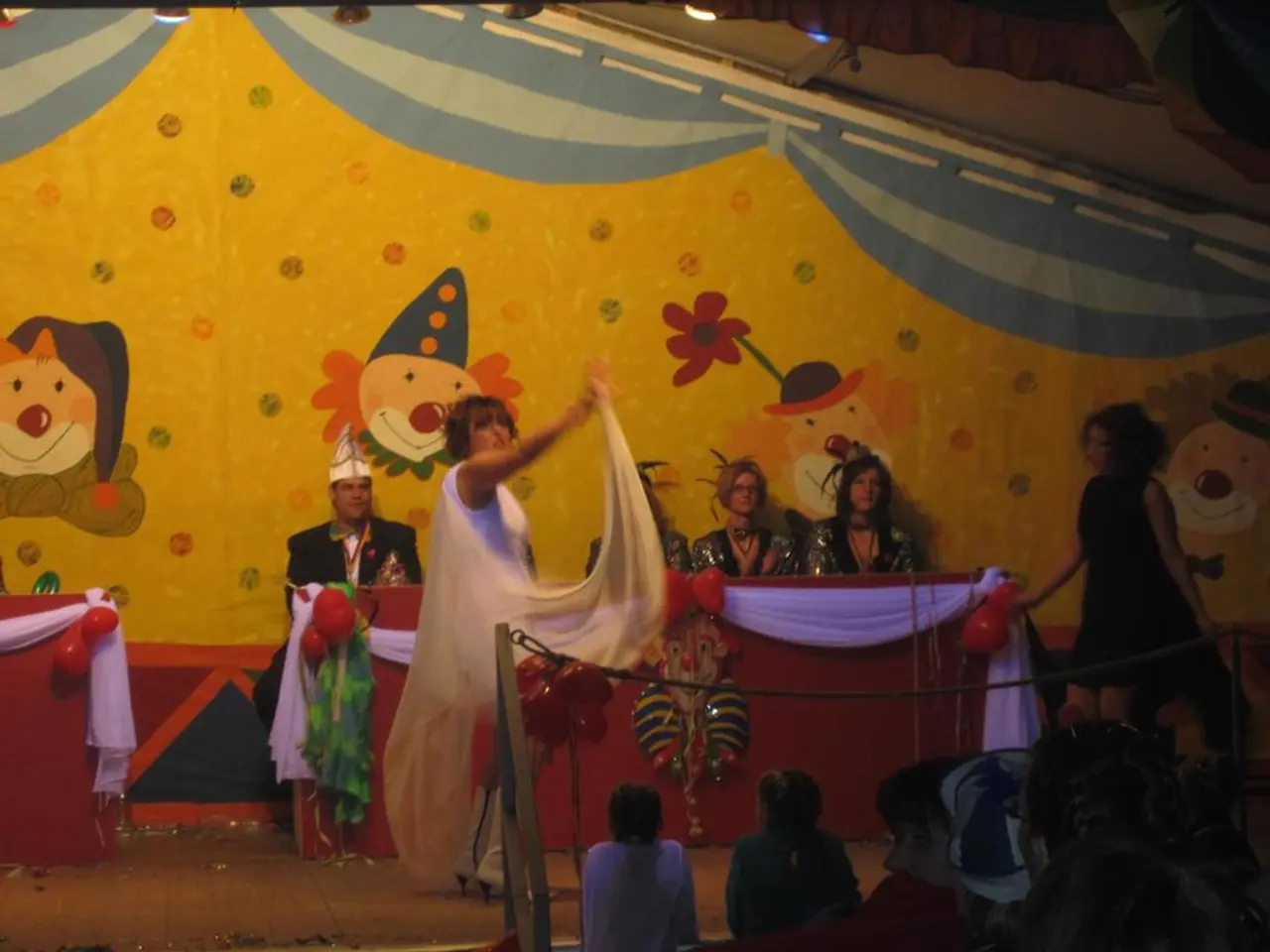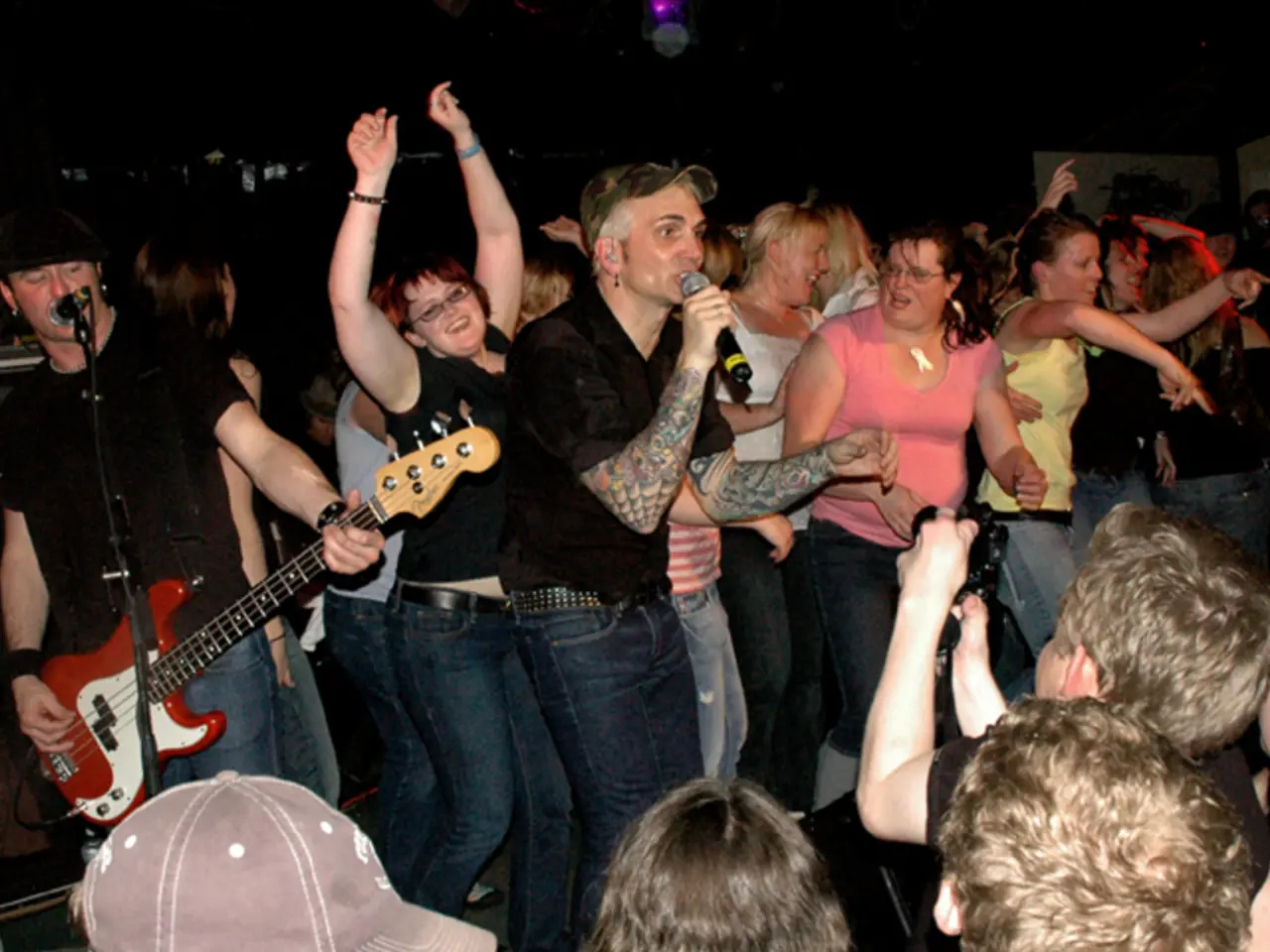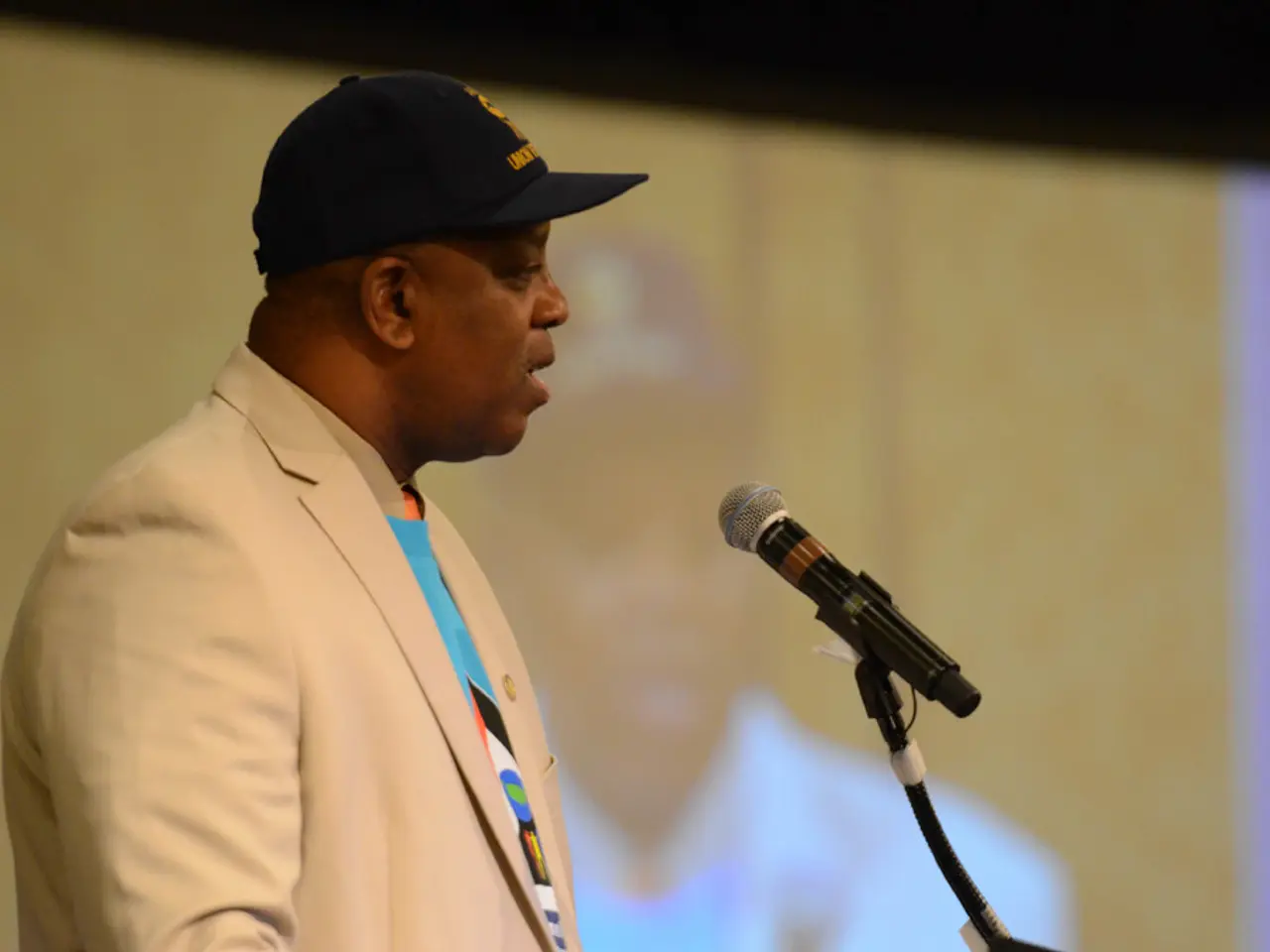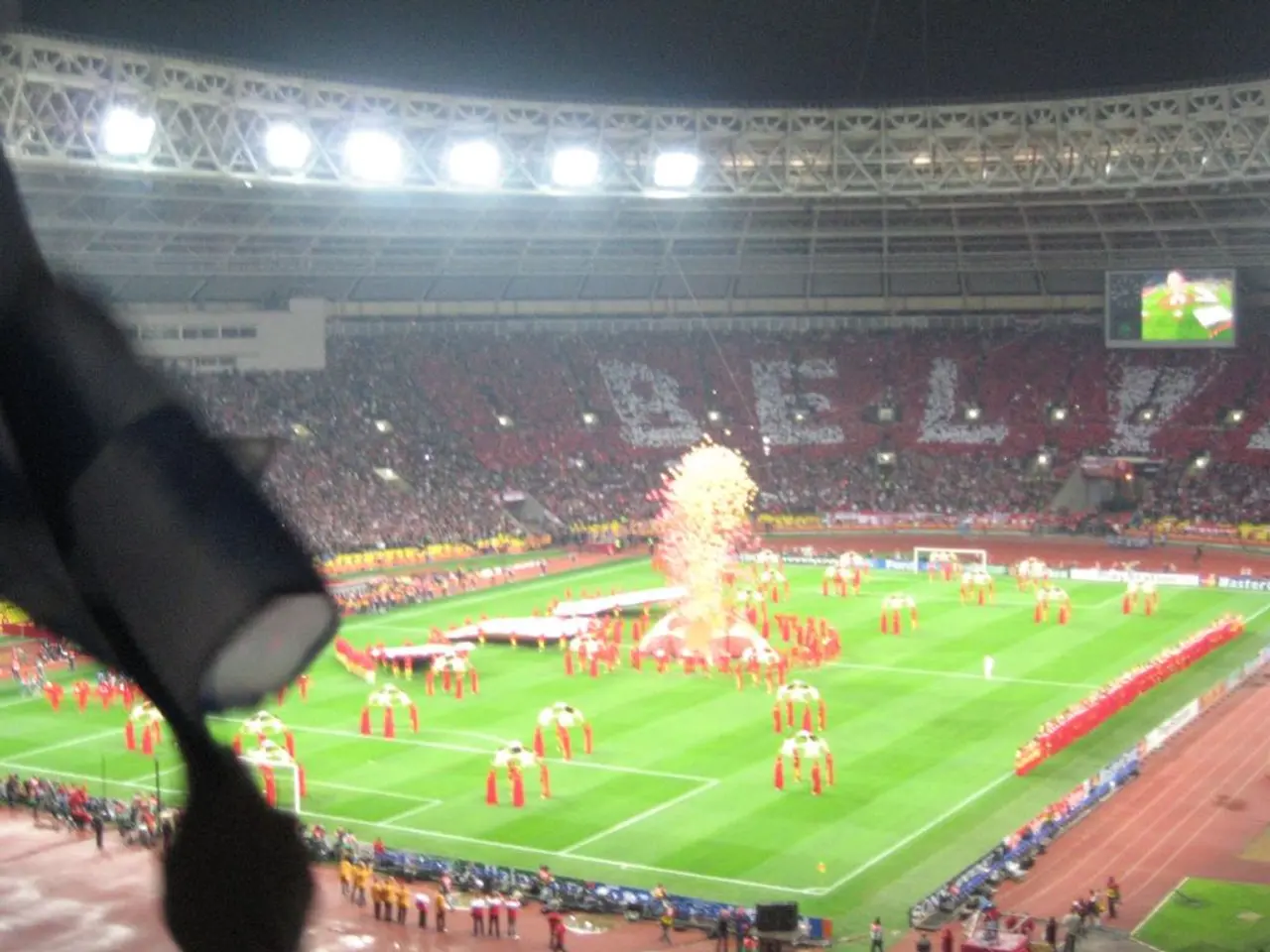Potential forthcoming NC election could result in further displacement of local Democrats from office positions.
In a dramatic shift from over six decades of nonpartisan practice, House Bill 3 in North Carolina has redefined Monroe's election system, making local elections partisan. This change, criticised by some for lack of local input, could potentially impact the dynamics of local governance.
The bill, sponsored by Rep. Timothy Reeder of Pitt County, has been a contentious issue in Monroe, with the city's leaders and residents expressing concerns over the sudden change. The new law requires candidates to declare their party affiliation when running for office, marking a fundamental alteration in how local elections are conducted.
The change in Monroe's election system comes amidst a broader trend in North Carolina politics, where partisan control and electoral strategies are increasingly emphasised. Monroe, the only municipality in Union County now required to hold partisan elections under House Bill 3, could see an increase in party influence in local governance. This shift may affect election competitiveness, candidate selection, and voter behaviour.
The change in the Cabarrus County appointment process, a result of House Bill 3, has also been a point of contention. The new process gives the power to fill a vacancy to the executive committee of the departing commissioner's political party, rather than voters. This move raises concerns about less public accountability in the selection of local elected officials.
The change in the Cabarrus County appointment process follows months of controversy over a seat on the commission left vacant by current North Carolina Sen. Chris Measmer. The move to partisan elections is also evident in other districts, with 50 districts in the state now holding partisan elections, including in Union and Catawba counties.
Monroe City Council members Julie Thompson, Surluta Anthony, and Franco McGee held a press conference criticising the new law. The change in the Cabarrus County appointment process and the lack of local input in the development of the legislation have been the primary sources of opposition.
In Monroe, where all council members are elected citywide, partisan dynamics may be magnified. The city is set to elect a new mayor and City Council this fall, but a new state law delays that vote and moves future elections to a partisan system.
The law also moves Monroe's elections to even-numbered years, which could change the electorate as higher turnout is typically observed during even-numbered years when presidential elections or other federal elections take place.
However, Monroe Mayor Robert Burns, a registered Republican, views the new law as increasing transparency rather than promoting one political party. The precise broader statewide political impact of House Bill 3 beyond Monroe is less detailed, but the change in Monroe represents a localised but politically significant shift in election administration and partisanship within the state.
The General Assembly's involvement in changing local election rules is not new, as it has been common over the past decade. Last year, the Cabarrus County school board held its first partisan election due to a change in state law spearheaded by Republicans. Another effort this year was House Bill 271, which only passed through the House and would have required municipalities in Cabarrus County to hold referendums this year to ask voters whether they want partisan elections.
Despite the controversy, the new law is part of a broader trend in North Carolina politics, with partisan local elections on the rise. The impact of this trend on the state's political landscape remains to be seen. Eric Heberlig, a political science professor at UNC Charlotte, has stated that the shift to partisan elections could lead to greater Republican control in Monroe and Cabarrus County. However, the Union County NAACP's president, Archie Hansley, criticised the law, stating it disenfranchises independent voters and allows for more conservative Republicans to be elected.
In conclusion, House Bill 3's impact on Monroe's election system is significant and controversial. The shift to partisan elections could reshape local governance and politics in Monroe and beyond, with potential implications for voter behaviour, candidate selection, and election competitiveness. The lack of local input in the development of the legislation has contributed to the opposition and concern surrounding the changes imposed by the bill.
- The contentious House Bill 3, driven by North Carolina politics and policy-and-legislation, has led to a significant shift in Monroe's election system, sparking general-news discussions about its impact on local governance and politics.
- As Monroe transitions to partisan elections under House Bill 3, there is anticipation of an increase in party influence in local politics, potentially impacting voter behavior, candidate selection, and election competitiveness, a trend mirroring broader changes in North Carolina politics.
